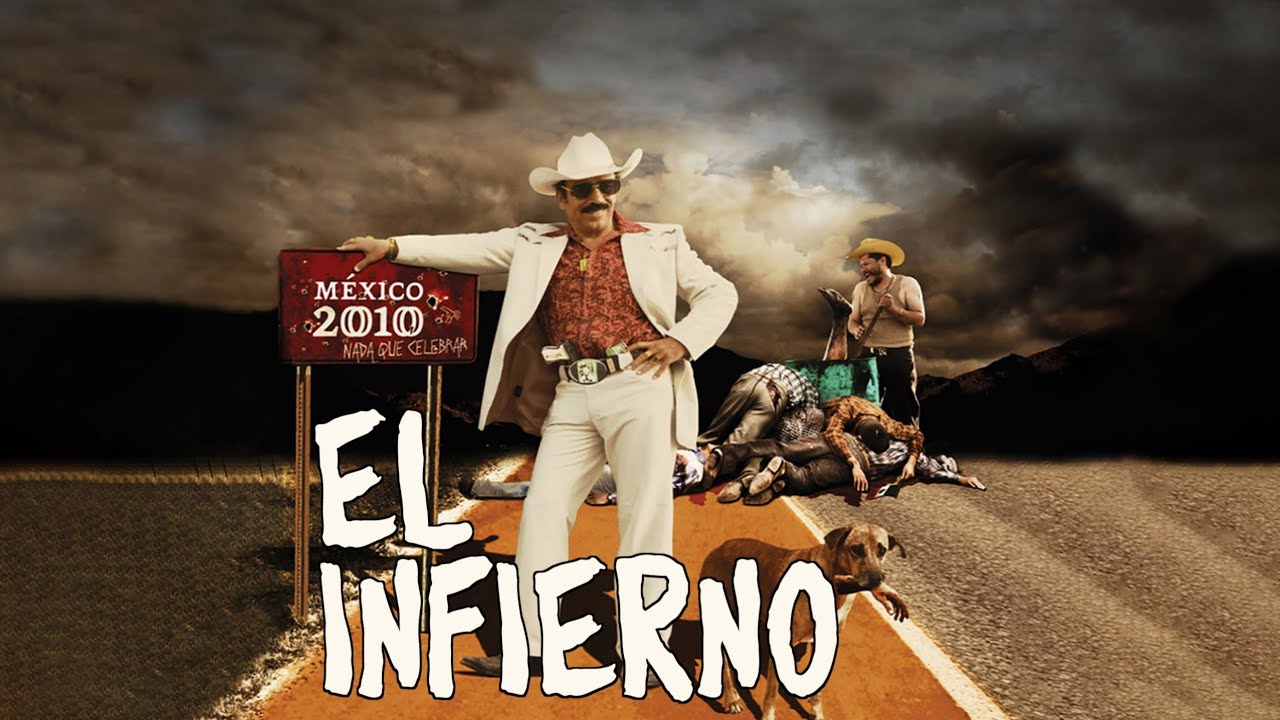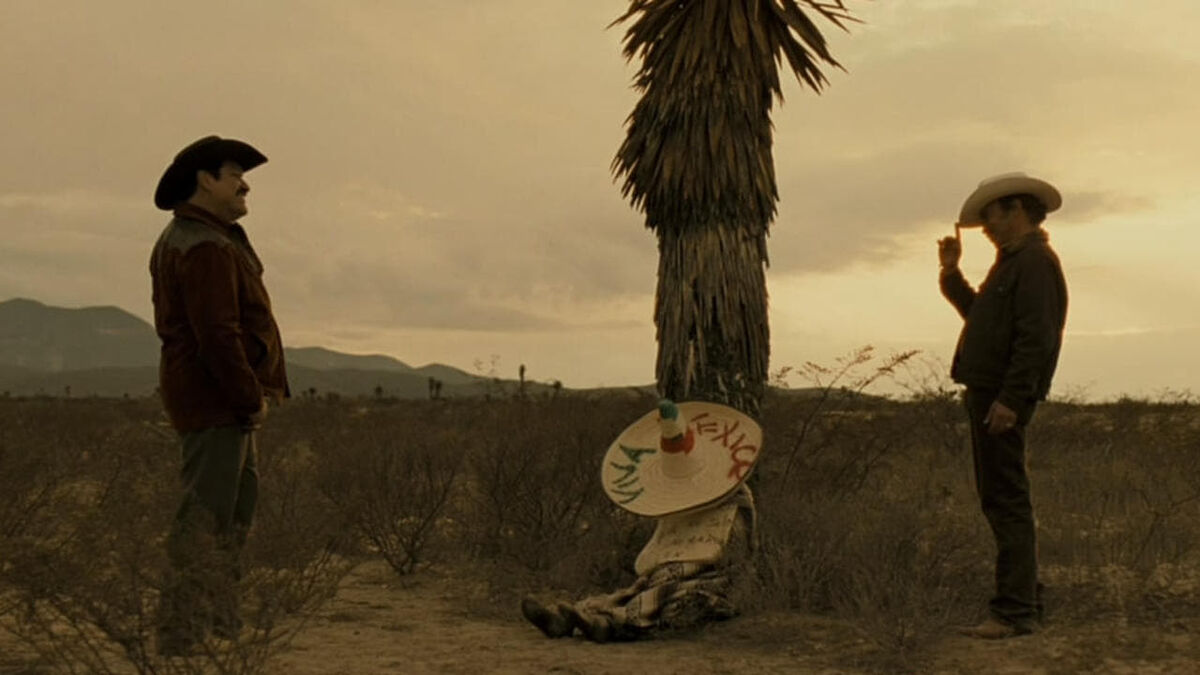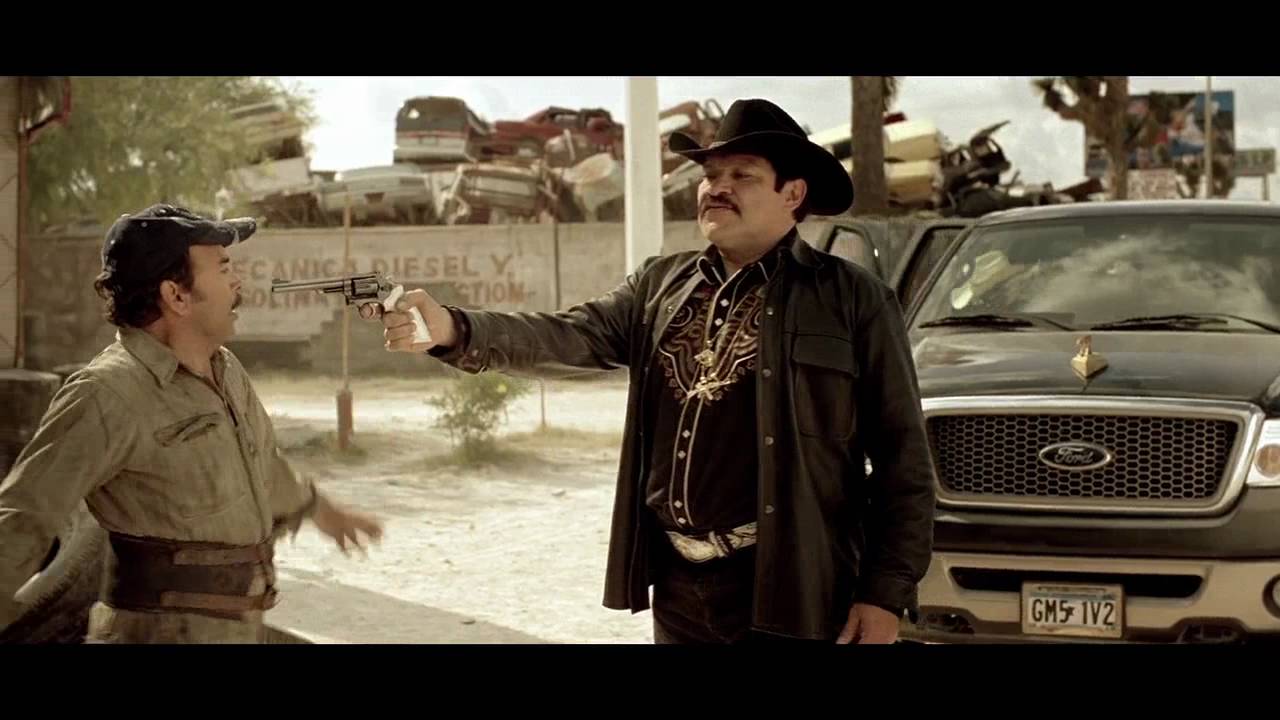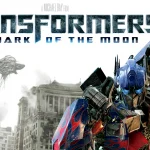🎬 El Infierno: A Darkly Humorous and Brutal Look at the Mexican Drug War (2010)

Directed by Luis Estrada, El Infierno (Hell) is a satirical crime drama that provides a gritty and darkly comedic portrayal of the Mexican drug war, tackling themes of corruption, violence, and morality. Released during Mexico’s bicentennial celebrations, this controversial film resonated deeply with audiences due to its fearless exploration of the country’s social and political struggles. Through its unflinching storytelling and complex characters, El Infierno presents an unapologetic critique of the conditions that foster organized crime, all while blending humor with brutal honesty.
🔫 Plot Overview: A Grim Return to Hometown Hell
The film follows Benjamín “Benny” García (Damián Alcázar), a Mexican immigrant who returns to his hometown after 20 years of working in the U.S., only to find a society devastated by drug violence and economic hardship. With limited options for earning a living, Benny is drawn into the local drug cartel by his childhood friend, El Cochiloco (Joaquín Cosío), who has thrived as a cartel member. Seduced by the promise of wealth and a sense of power, Benny begins to participate in the violent, lawless world of the cartel.
However, Benny soon realizes that the glamour of cartel life comes at a steep price. As he becomes more deeply entangled in the ruthless, morally bankrupt world of organized crime, Benny finds himself questioning the choices he’s made, all while facing the tragic consequences of his involvement. El Infierno paints a darkly humorous yet sobering picture of survival in a world where corruption runs rampant and morality is in constant conflict with survival.
🎭 Standout Performances and Compelling Characters

- Damián Alcázar as Benjamín “Benny” García: Alcázar’s portrayal of Benny is both tragic and humorous, capturing the naivete and disillusionment of a man who reluctantly becomes a part of the cartel world. His transformation from an ordinary man to a hardened criminal is portrayed with authenticity and complexity, as Alcázar skillfully balances Benny’s moral conflicts and gradual desensitization to violence.
- Joaquín Cosío as El Cochiloco: Cosío shines as Benny’s charismatic yet brutal friend, El Cochiloco, embodying the charm, loyalty, and ruthlessness that define his character. His larger-than-life personality adds a touch of humor, while his volatile nature keeps audiences on edge, making him a memorable figure in the film.
- Ernesto Gómez Cruz as Don José Reyes: Playing the powerful and corrupt local crime boss, Gómez Cruz’s performance brings an air of menace and authority, representing the entrenched forces that perpetuate violence and exploitation.
🔥 Gritty Visuals and Authentic Cinematography

El Infierno uses gritty cinematography to capture the harsh realities of the drug war and life in Mexico’s rural regions. The contrast between Benny’s American dream and the brutal, poverty-stricken environment of his hometown is starkly depicted through the film’s visual style. Director Luis Estrada combines realistic, unfiltered shots with moments of satire, juxtaposing the allure of cartel life with its destructive effects on families and communities.
The dark humor is accentuated by a raw, almost documentary-like style that emphasizes the contrast between violence and humor, making the film both engaging and disturbing. The soundtrack, infused with traditional Mexican music, further enhances the authenticity of the setting, drawing viewers into a world that feels both familiar and horrifying.
💡 Themes of Corruption, Morality, and the Cycle of Violence

El Infierno delves deep into the systemic issues that drive individuals into the cartel lifestyle. Through Benny’s journey, the film critiques the lack of opportunity, systemic corruption, and the lure of fast money that often lead people to make choices they would otherwise avoid. It presents the drug war as a vicious cycle, where greed, poverty, and violence perpetuate one another, trapping individuals in an environment where survival often demands moral compromise.
The film also explores the desensitization to violence, showing how quickly Benny adapts to his new life and how deeply rooted the corruption is within the system. Estrada’s use of dark humor serves to highlight the absurdity and horror of the drug war, prompting viewers to question the social and political structures that enable such chaos.
🎬 Film Details:
- Title: El Infierno (Hell)
- Director: Luis Estrada
- Release Date: September 3, 2010
- Cast: Damián Alcázar, Joaquín Cosío, Ernesto Gómez Cruz, María Rojo
- Genre: Crime, Dark Comedy, Drama
- Runtime: 2h 25m
- Notable Aspects: Dark humor, social and political critique, gritty cinematography, complex character study
🏆 Final Verdict: A Brutal and Unflinchingly Honest Satire

El Infierno is a bold and powerful film that combines humor with brutal honesty, shining a light on the tragic realities of the Mexican drug war. Through compelling performances and an unwavering look at the consequences of corruption and violence, Luis Estrada creates a film that is both entertaining and thought-provoking. For those interested in gritty crime dramas that don’t shy away from difficult subjects, El Infierno is a must-watch—a film that forces us to confront the darker sides of society while finding moments of absurdity amidst the chaos.











